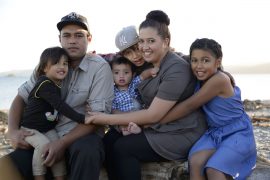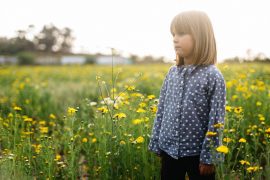- Speaking Up Isn’t Tattling. It’s Asking for Help
Many children worry about being seen as a “tattletale” if they speak to the teacher. But keeping quiet often leaves them feeling powerless.
We can reframe speaking up as a strength.
You might say:
- “If something feels too big to handle on your own, you can always ask for help. That’s what teachers are there for”.
- “You’re not getting anyone in trouble. You’re making sure everyone is safe and happy”.
Ask them:
- “What could you say if you needed help in the classroom?”.
- “Who could you go to on the playground if something didn’t feel right?”.
By normalising help-seeking, you’re giving your child permission to use their voice with confidence.
Planting Seeds for Resilience
These conversations don’t have to be big, sit-down moments. They work best when woven gently into everyday life – in the car, at bedtime, or while playing together. The aim isn’t to shield children from every hard moment, but to give them tools to navigate those moments with courage and compassion.
As parents, we can’t control every playground dynamic. But we can give our children a strong inner compass: the ability to choose safe friendships, to pair kindness with boundaries, and to use their voice when it matters.
These are the skills that will carry them through school, and far beyond.
Angharad Davies is a children’s author and creator of The Invisible Schoolbag, a digital guide that helps parents support their children with the social and emotional side of starting school. Through story, metaphor, and practical tools, she equips families to raise resilient, kind-hearted kids who can stay connected to who they are in a world that doesn’t always feel gentle. Follow her on Tiktok, Instagram or Facebook.










